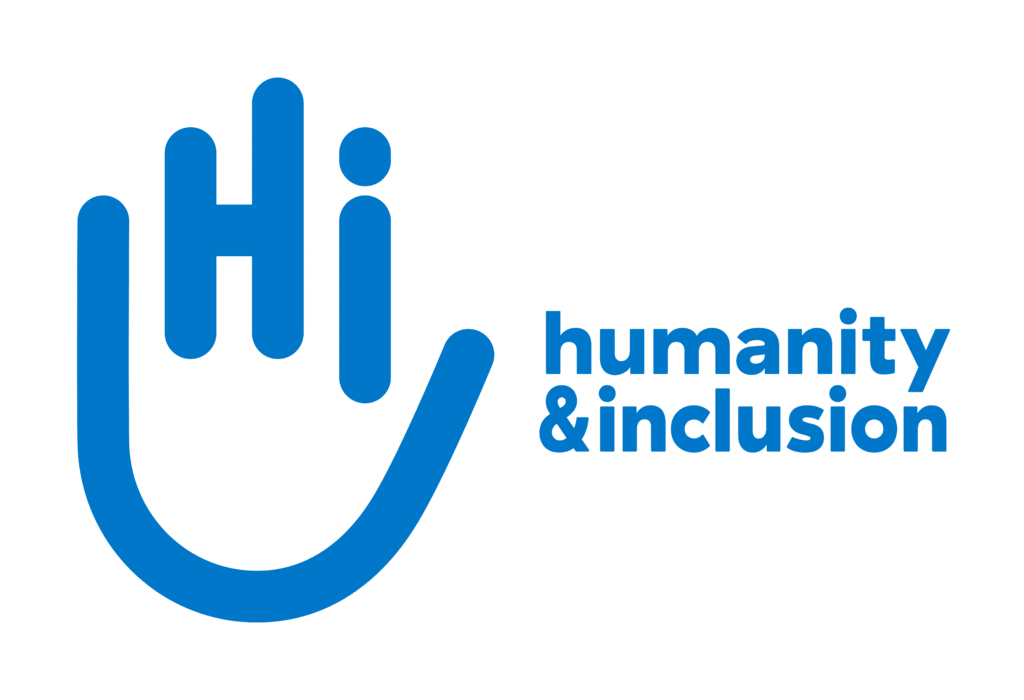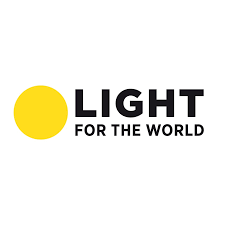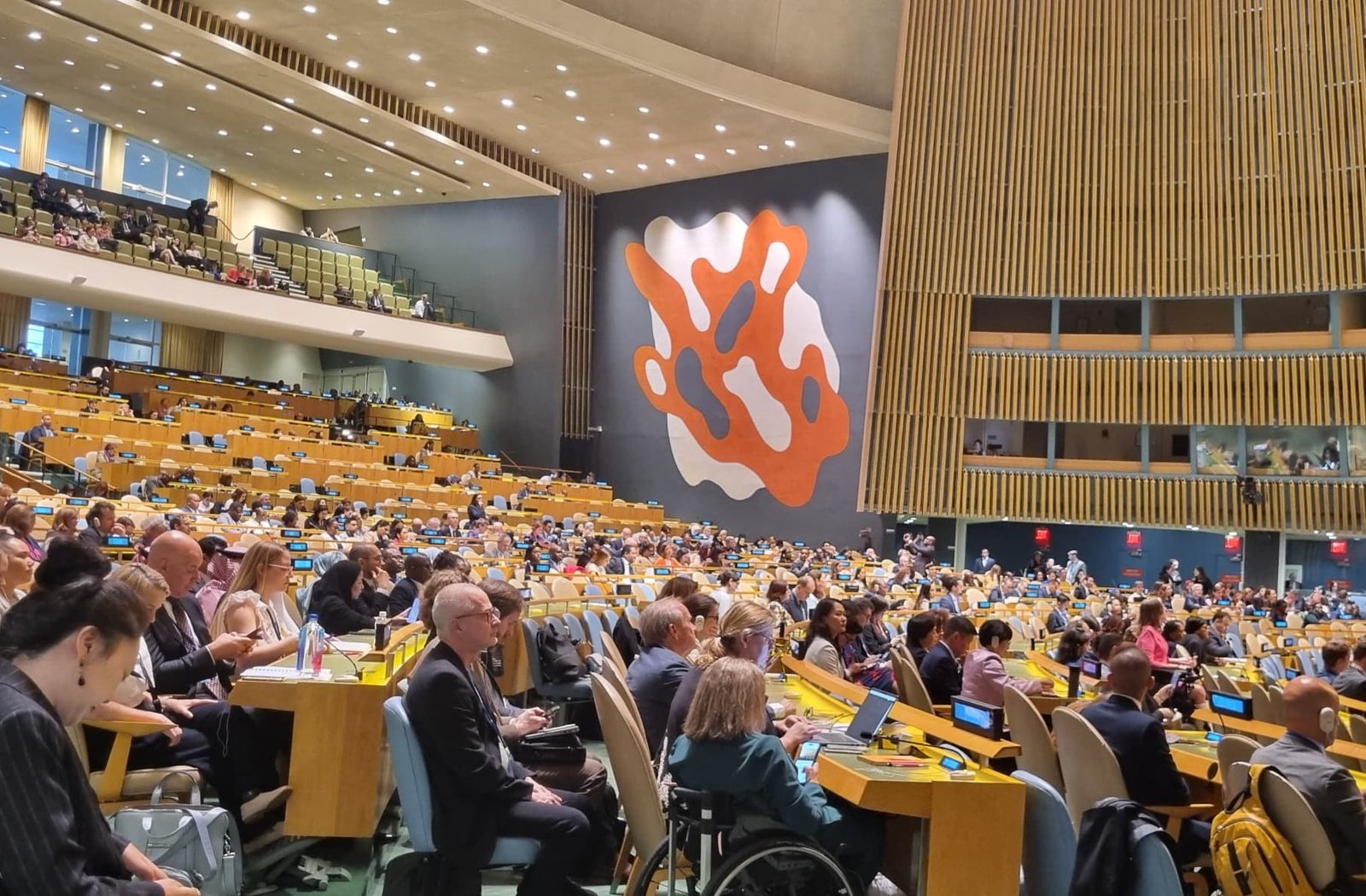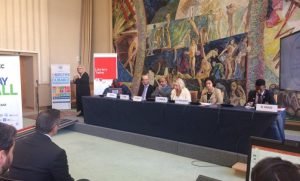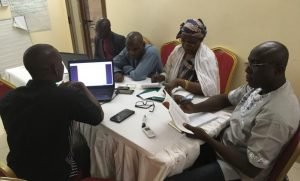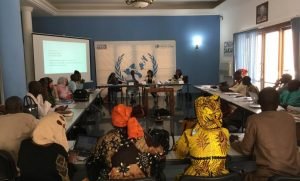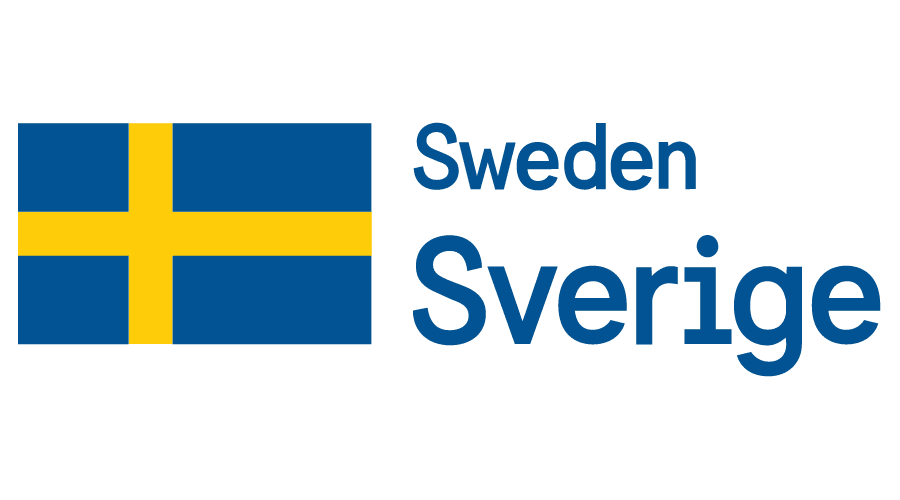
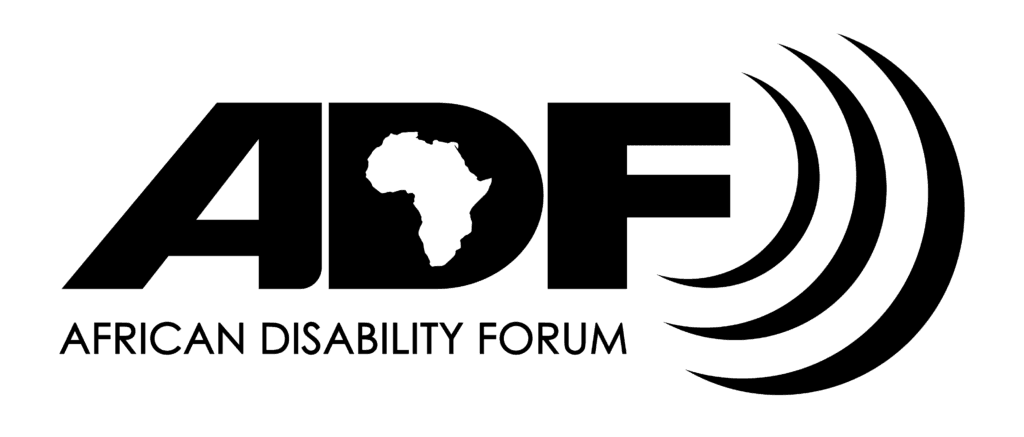

News Brief
On the Occasion of the 18th Conference of State Parties (COSP) on the United Nations Convention on the Rights of Persons with Disabilities (UNCRPD)
COSP18 is taking place under the overarching theme: “Enhancing public awareness of the rights and contributions of persons with disabilities for social development leading up to the World Social Summit.” This theme offers the disability movement a critical opportunity to reflect on both the progress achieved and the ongoing challenges in realizing the equal rights of persons with disabilities.
Over the past few decades, the disability movement has marked important milestones, thanks to the tireless efforts of movement builders and human rights pioneers who grounded their advocacy in global instruments such as the 1948 Universal Declaration of Human Rights and the 1966 International Covenant on Civil and Political Rights. However, despite these global frameworks and advocacy gains, persons with disabilities in Africa continue to face significant barriers in accessing basic services.
The movement for disability-inclusive human rights is no different from other civil rights movements. It has been a long and ongoing journey for people with disabilities. From the formation of Rehabilitation International (RI) to the landmark shift towards Disabled People International (DPI), and from the adoption of the 1993 Standard Rules on the Equalization of Opportunities for Persons with Disabilities to the 2006 United Nations Convention on the Rights of Persons with Disabilities (UNCRPD), each step has marked significant progress and been driven by tireless effort.
However, the current moment presents serious challenges. Widespread global economic crises, ongoing conflict, the impacts of climate change, and shifting global politics have contributed to a shrinking funding landscape. Combined with competing national priorities, these trends have had a precarious and disproportionate effect on the lives of people with disabilities and other marginalized groups across the African continent.
What ultimately matters is the well-being of persons with disabilities and the quality of their daily lives in today’s world. This is where the annual COSP18 meeting proves its relevance. For us in Africa, it is a vital opportunity to pause, reflect, and examine how our lives have been influenced by binding international instruments like the UNCRPD—and how sincerely states are upholding their commitments.
As we unpack our lived realities, we must ask critical questions:
- What changes have we seen as a result of nationally ratified UNCRPD commitments?
- Where do we stand on legal harmonization and the removal of discriminatory laws?
- Which persistent, dehumanizing challenges continue to threaten our inherent dignity?
The disability movement in Africa faces distinct realities compared to other regions. For example, disability rights advocates in Europe and North America often focus on issues like independent living, as outlined in the UNCRPD. In Africa, however, the emphasis is often on progressive realization, which results in slower implementation. Many African states have yet to show meaningful accountability in implementing the UNCRPD, allocating adequate disability-specific budgets, or monitoring progress. These shortcomings directly affect the estimated 60 to 80 million persons with disabilities in Africa, leaving many in precarious situations where even basic needs remain unmet. But isn’t independent living one of those basic rights?
Independent living is a pillar of disability equality. Yet in Africa, limited social protection and a lack of support for disability-related costs leave many fighting for daily survival. In response, in September 2024, movement leaders from ADF member organizations of persons with disabilities across the Africa region gathered in Nairobi, Kenya, and flagged the pre-summit Nairobi Declaration to the world.
To address the critical capacity needs of the African disability movement, ADF continues to collaborate with partners such as Sida—with financial support from the Government of Sweden—which makes participation in global platforms like COSP18 possible. Below, SPADRA and other major initiatives are presented in summary form.
Strengthening the Movement: ADF’s Key Initiatives
Strengthening of Partnership to Advance Disability Rights in Africa (SPADRA)
The Sida and ADF partnership project Strengthening of Partnership to Advance Disability Rights in Africa (SPADRA) is implemented through a consortium made up of the International Disability Alliance (IDA), African Disability Forum (ADF), and Pan-African Organizations of Persons with Disabilities such as Disabled Women in Africa (DIWA) and Inclusion Africa (IA).
The project aims to advance gender equality and disability rights in Africa and is being implemented in Benin, Ghana, Malawi, and Zambia. It focuses on strengthening the capacities of organizations of persons with disabilities, building cross-disability and mainstream partnerships at both Pan-African and national levels, and enhancing and enforcing legal frameworks at community level. The inception and transition phases were completed by December 2024. The main phase, led by ADF, began in January 2025, continuing to focus on three thematic areas: inclusive education, social protection, and access to justice.
We are Able! (WaA!)
As a five-year-long consortium programme, We are Able! has demonstrated that there are multiple solutions to ensure persons with disabilities are included in achieving food security. ADF plays a crucial leading role in this programme, which focuses on people with disabilities who lack access to basic services and are excluded. It not only involves them in legislation and policy but also works with local organizations and Organizations of Persons with Disabilities to promote dialogue between persons with disabilities and authorities at both national and international levels.
Six organizations are working together to realize the WaA! objectives: ZOA, African Disability Forum, SeeYou, VNGi, The Hague Academy for Local Governance, and Leprosy Mission International. In its fifth and final year, the WaA! programme in East and Central Africa (Burundi, DR Congo, Ethiopia, South Sudan, Sudan, and Uganda) is instrumental in highlighting the key challenges that persons with disabilities face—such as discrimination, limited land access, and policy gaps. The programme reinforces its commitment to integrating disability into food security policies and programmes, aligning with Sustainable Development Goals (2, 10, and 17) to drive meaningful change.
The WaA! programme calls for the removal of systemic barriers that prevent inclusive food security, stemming from the lack of disability-inclusive practices and inaccessible food programmes. There is a pressing need for adaptive agricultural methods and inclusive food security frameworks to ensure that no one is left behind in the fight against hunger.
We Can Work (WCW)
The African Disability Forum (ADF) is a strategic partner in the We Can Work (WCW) programme, a flagship initiative implemented in partnership with Light for the World and supported by the Mastercard Foundation. The WCW programme aims to improve access to dignified, fulfilling, and economically empowering work for young women and men with disabilities in Ethiopia, Kenya, Uganda, Rwanda, Ghana, Nigeria, and Senegal.
ADF leads on Pillar 3 of the WCW programme, which focuses on youth-led advocacy to influence inclusive policies, systems, and environmental reforms that support the economic empowerment of young persons with disabilities. This includes driving advocacy outcomes that amplify youth voices and promote unified action toward disability-inclusive and economically enabling policy frameworks at all levels.
In addition to the few initiatives mentioned here, ADF sees itself in the driver’s seat of regional capacity building needed to unpack the African Disability Protocol (ADP). To kick-start that journey, ADF is also partnering with Sightsavers, GIZ, and others such as Disabled People’s Organizations Denmark (DPOD) and Humanity & Inclusion (HI) in its tireless efforts to promote disability rights, inclusion in development, and capacity building across the continent.
